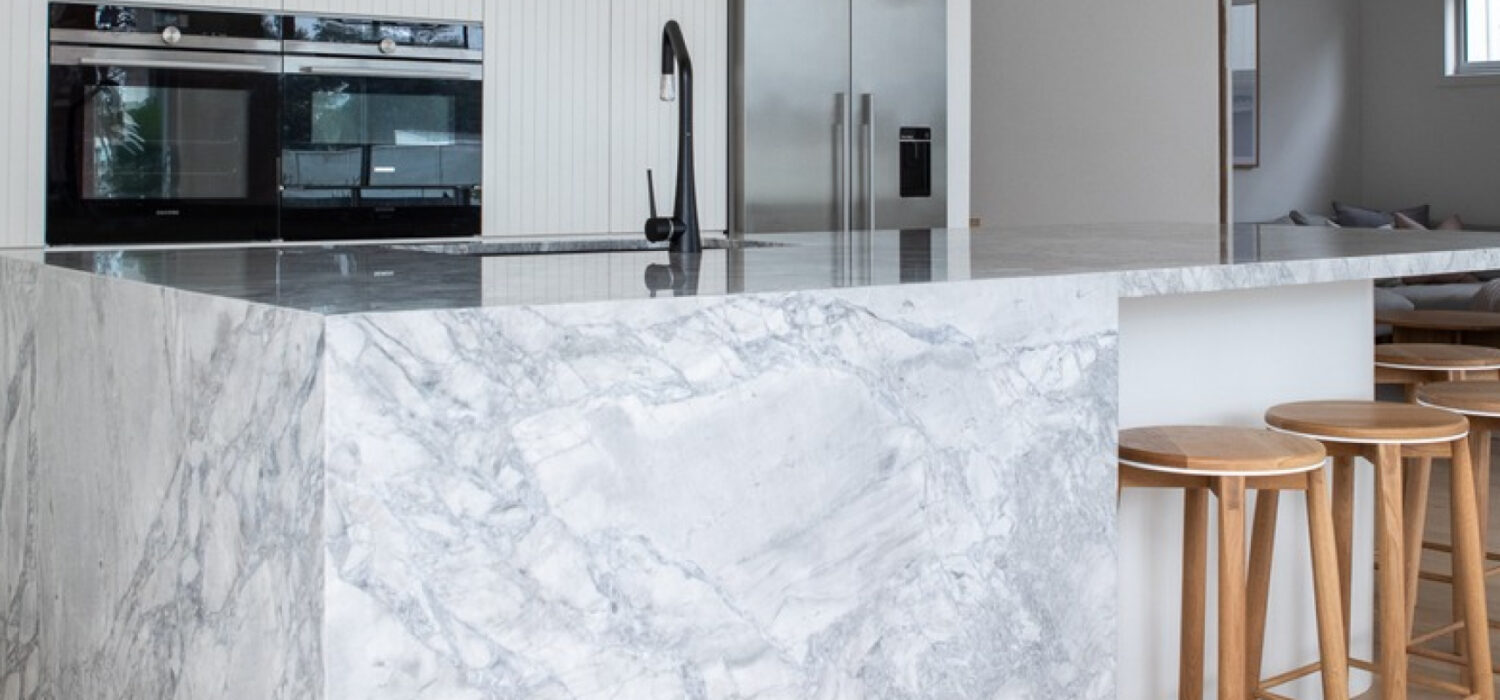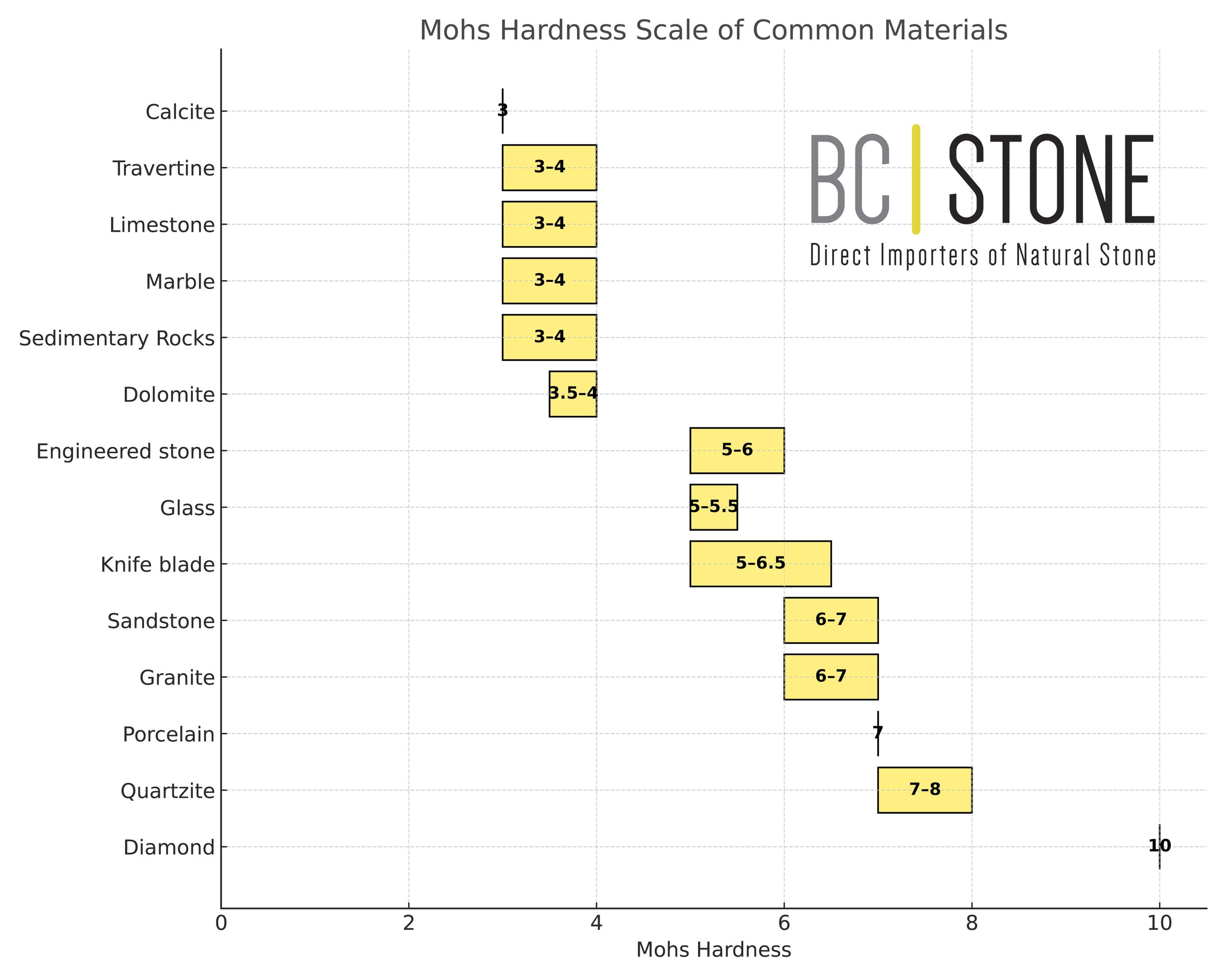The Mohs Hardness Scale is a qualitative scale used to measure the hardness of minerals, based on their ability to scratch or be scratched by other substances. Developed by Friedrich Mohs in 1812, the scale ranks common minerals from 1 (softest) to 10 (hardest).
Here’s how it works:
A mineral with a higher number can scratch any mineral with a lower number.
The hardness value is determined by comparing the unknown mineral to reference minerals on the scale.
Purpose and Use:
The Mohs Scale is widely used in geology, material science, and engineering to identify minerals and assess their wear resistance. Although it’s not a precise or linear measure (the difference in hardness between minerals is not equal between each step), it provides a simple and practical way to compare relative hardness.

